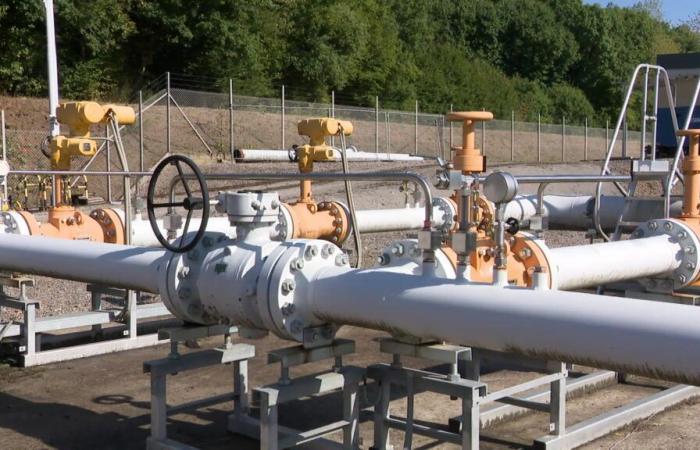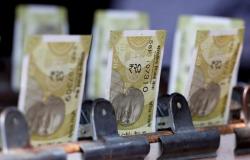It was May 1, 2022, the date the first energy price caps were introduced in the Grand Duchy.
A strong decision taken by the previous government in the face of the sharp rise in prices caused by Russia’s invasion of Ukraine. Among the measures, the cost of using the gas network at 0 euros or the energy bonus for people receiving the cost of living allowance.
It was also decided at the time to slow down the evolution of electricity prices with a first package of 75 million euros, as well as discounts on petroleum products, wood pellets and for households connected to electricity. heating network. Financial aid which has been adapted and extended over time, particularly within the framework of the tripartite.
At the end of August 2022, the first boosts began to disappear, especially at the pump. Households and businesses have been made aware of saving electricity and gas. Bonuses have been proposed for the ecological transition, mainly towards photovoltaics or heat pumps.
During his State of the Nation address last June, the Prime Minister announced the beginning of the end of these measures: “as all energy prices have been falling in recent months, most price caps will therefore disappear from January 1, 2025“, declared Luc Frieden at the time.
After several years, aid for fuel oil, pellets and people connected to heating networks ended last Wednesday. Just like the financial support for gas, the price of which had exploded to more than €300/MWh in August 2022. Nowadays, its price hovers around €45/MWh.
According to the Prime Minister, the end of the electricity price cap will be “in a socially fair manner, as electricity was purchased during the crisis for several years at fairly high prices“. Without a cap, the price of electricity would have increased by 60% this year for average consumption, according to Statec. This increase in electricity was limited to 30% by the government.
Luxembourg is one of the only countries to propose a cap on energy prices even though the EU had asked to abandon it. “Instead of stopping it, we preferred to ‘phasing out’ in order to avoid too big a blow overnight, so this year 30% and in 2026 we know that prices will fall, so we will not. we will no longer need“, explains Lex Delles, Minister of Energy.
Since the start of the measures in May 2022, the two successive governments have supported citizens and businesses with direct and indirect aid on energy costs amounting to around two billion euros.






